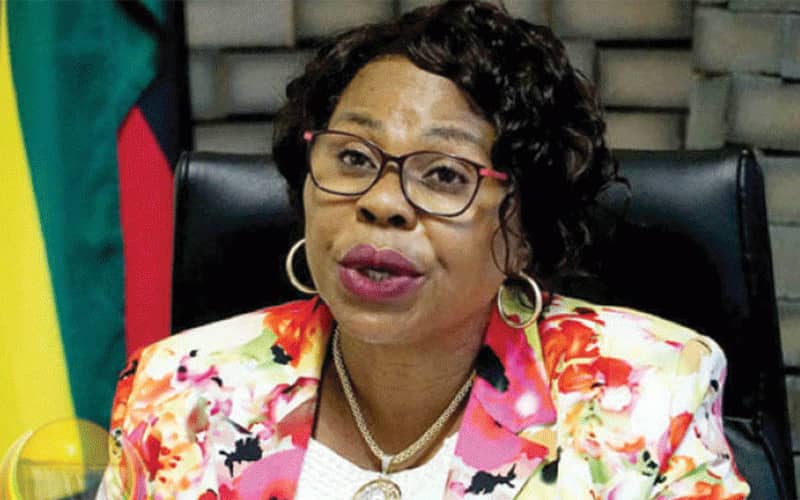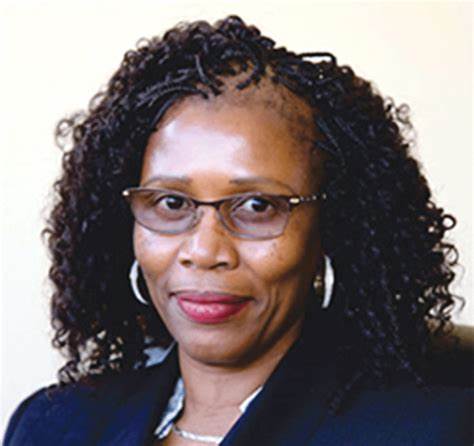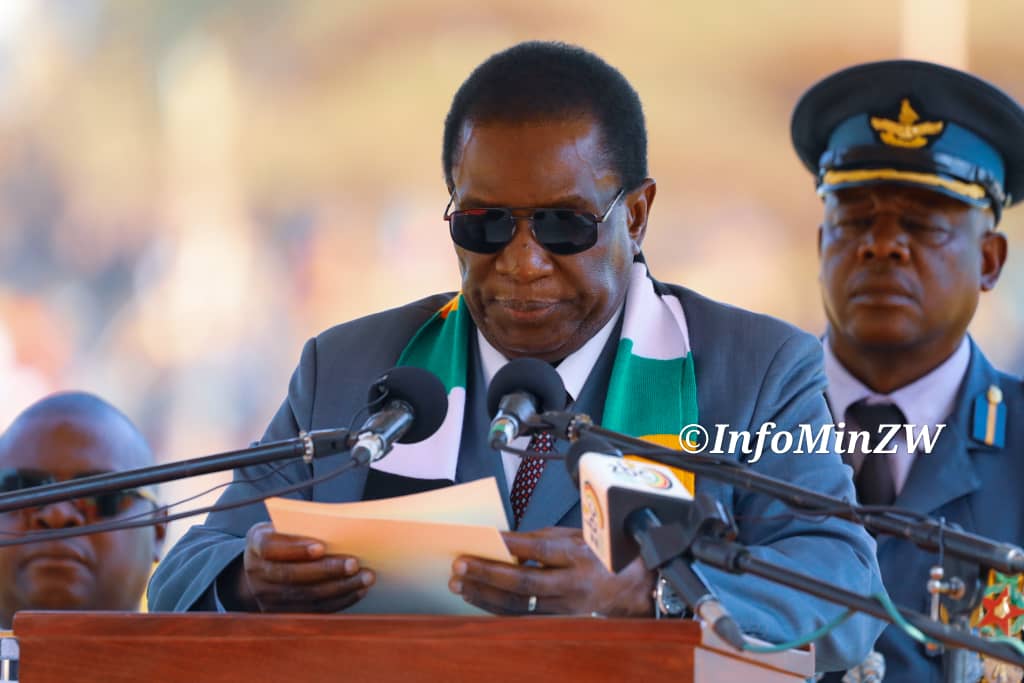Gender balanced councils deliver better – Mutsvangwa
Share

Harare (New Ziana) – Gender-diverse local councils are more successful in policy formulation and service delivery, a cabinet minister said on Thursday.
Addressing a Women in Local Government Forum Congress in Harare, Woman Affairs, Community, Small and Medium Enterprises Development Minister, Monica Mutsvangwa said it was important to ensure gender equity in top management in local councils.
Councils with a balanced gender mix, she said, achieved better results in terms of service delivery and other aspects, and the public was always more satisfied.
She said the congress had come at a critical time when government, as a matter of policy and priority, sought to lift up women into positions of authority in public service and elsewhere.
“We know that when women are equally represented in positions of leadership, communities prosper. And yet today, we find ourselves at crossroads. Despite constituting over half of Zimbabwe’s population, women continue to be vastly under-represented in local governance structures. Women make up less than 20 percent of Council Chairpersons, councillors and senior administrators in many rural district councils. This imbalance undermines the principles of democracy and social justice enshrined in our Constitution,” Mutsvangwa said.
She said the decline in women’s participation in public service witnessed in recent years should be a wake up call to keep up the struggle for gender equality.
Centuries of patriarchal dominance in leadership, she said, cannot be undone overnight. And that, even in 2023, there remains systemic barriers holding women back from public leadership.
“Local politics continues to be seen as a “man’s game.” Deeply embedded social norms deter women from pursuing office. Political parties fail to recruit, nominate and support female candidates. Lack of campaign financing prevents aspiring leaders from getting their message out. Family obligations and unsafe working environments impede participation and pernicious attitudes questioning women’s competence and qualifications still persist,” said Mutsvangwa.
“These challenges call on us – women and men, youth and elder, urban and rural – to double our commitment to gender equity. We must dismantle the formal and informal obstacles limiting women’s ascent as leaders and decision-makers. We must open up political space so that women’s voices can be heard and their talents allowed to shine. And we must work actively to shift social perceptions about women’s roles in governance and development.”
New Ziana









